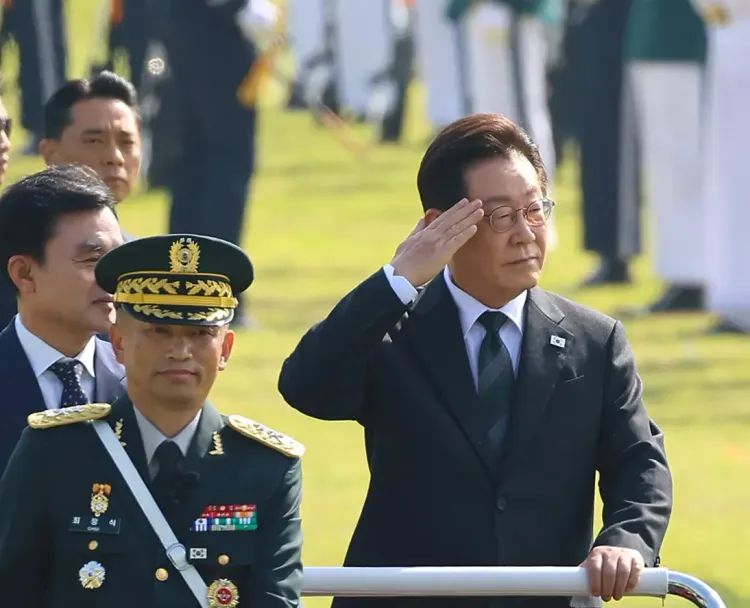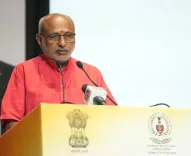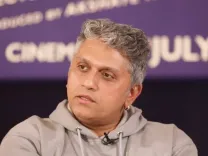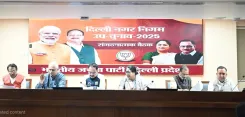How Is South Korea Aiming to Reduce Barriers for Businesses?

Synopsis
Key Takeaways
- President Lee Jae Myung pledges to minimize corporate barriers.
- The meeting involved leaders from major conglomerates like Samsung and Hyundai.
- Significant investments from corporations are aimed at boosting the local economy.
- Focus on deregulation to support business activities.
- Companies are encouraged to maintain strong domestic investments.
Seoul, Nov 16 (NationPress) President Lee Jae Myung made a strong commitment on Sunday to reduce obstacles for corporate operations during a meeting with prominent leaders from major conglomerates. This discussion focused on follow-up actions after the recent release of a joint fact sheet regarding trade and security agreements with the United States.
The meeting occurred just two days following the unveiling of the joint document by Seoul and Washington, which highlighted agreements made during their recent summit. Among these was Seoul's plan to invest US$350 billion in the U.S. in return for a reduction of U.S. tariffs from 25% to 15%, as reported by Yonhap news agency.
"The government's primary responsibility is to ensure that businesses can operate freely and creatively across the globe," Lee expressed to attendees at the presidential office, according to official statements.
Notable attendees included Samsung Electronics Chairman Lee Jae-yong, SK Group Chairman Chey Tae-won, Hyundai Motor Group Executive Chair Euisun Chung, LG Group Chairman Koo Kwang-mo, and several other CEOs from conglomerates like HD Hyundai and Hanwha.
Reflecting on the challenges of the tariff negotiations, Lee described it as a “very difficult process,” particularly in light of the evolving international landscape. He asserted that the government handled the situation effectively.
He urged companies to quickly adapt to the new circumstances and leverage them as opportunities moving forward.
"What truly matters is the future. The welfare of the population is paramount, and companies are critical in addressing economic challenges," he stated.
In this context, Lee committed to implementing various support initiatives for businesses, including deregulation, and promised to swiftly tackle issues that may arise in the corporate sector.
He also urged companies to maintain robust domestic investments, expressing concerns that increased U.S. investments could detract from local investment efforts, as per the presidential office's statements.
The business leaders present shared their plans for domestic investments and hiring, showcasing their dedication to fortifying the local economy.
Samsung's Lee announced that the company aims to recruit 60,000 new employees in the domestic market over the next five years and expand investments in facilities, including research and development initiatives.
"Despite concerns about domestic investment, we will ensure that does not happen," he assured. "Samsung will continue its efforts to boost investment, generate more jobs for the youth, and collaborate with smaller and venture enterprises."
Chey from SK Group mentioned that their Yongin semiconductor complex is set to undergo a tentative 600 trillion-won (US$412.2 billion) investment in the coming years.
Hyundai Motor Group is planning to invest 125 trillion won by 2030 and intends to hire around 10,000 new employees next year, an increase from this year's 7,200, as noted by Chairman Chung during the meeting.
Hanwha Vice Chairman Yeo Seung-joo stated that their 7 trillion-won investment plan for the shipyard in Philadelphia is expected to create new markets for local shipbuilding and related components.









